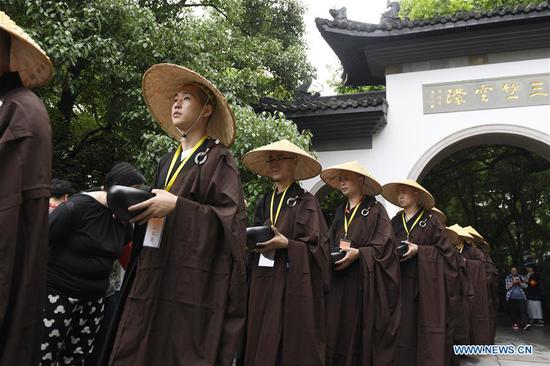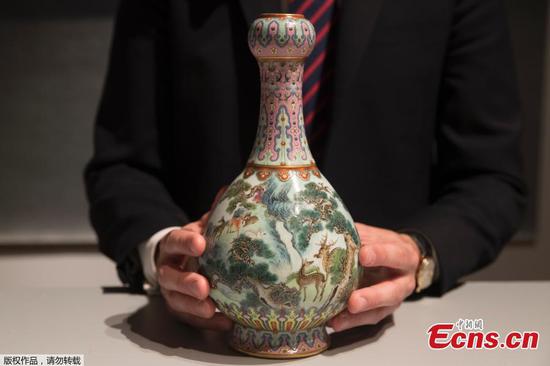Australian researchers on Thursday said they have helped develop a cheap tool that rapidly identifies mosquitoes infected with the dangerous Zika virus.
"We can quickly identify mosquitoes that are infected with the Zika virus so public health authorities can treat affected areas before the disease spreads to humans," Dr Maggy Sikulu-Lord, a University of Queensland researcher who developed the tool with colleagues in Brazil, said in a statement.
"This is definitely going to be a game-changer in disease surveillance, especially in the prediction of disease outbreaks."
Zika is a mosquito-borne virus that can cause dengue fever-like symptoms and brain abnormalities in unborn babies. It has also been linked to the paralyzing Guillain-Barré syndrome.
The new tool, touted as 18 times faster and 110 times cheaper than the current detection method, "only involves shining a beam of light onto mosquitoes and using that information to determine if the mosquito is infected," said Sikulu-Lord, adding that the technology had the potential to detect a number of diseases.
The researchers said they have so far achieved a 94 to 99 percent accuracy rate in identifying infected mosquitoes under laboratory conditions in Brazil.
"We hope to have results for detecting dengue and malaria in mosquitoes in the next few months," said Sikulu-Lord.
"We don't think it will eradicate diseases but it will give us the ability to detect diseases quickly so that we can stop disease outbreaks."


















































